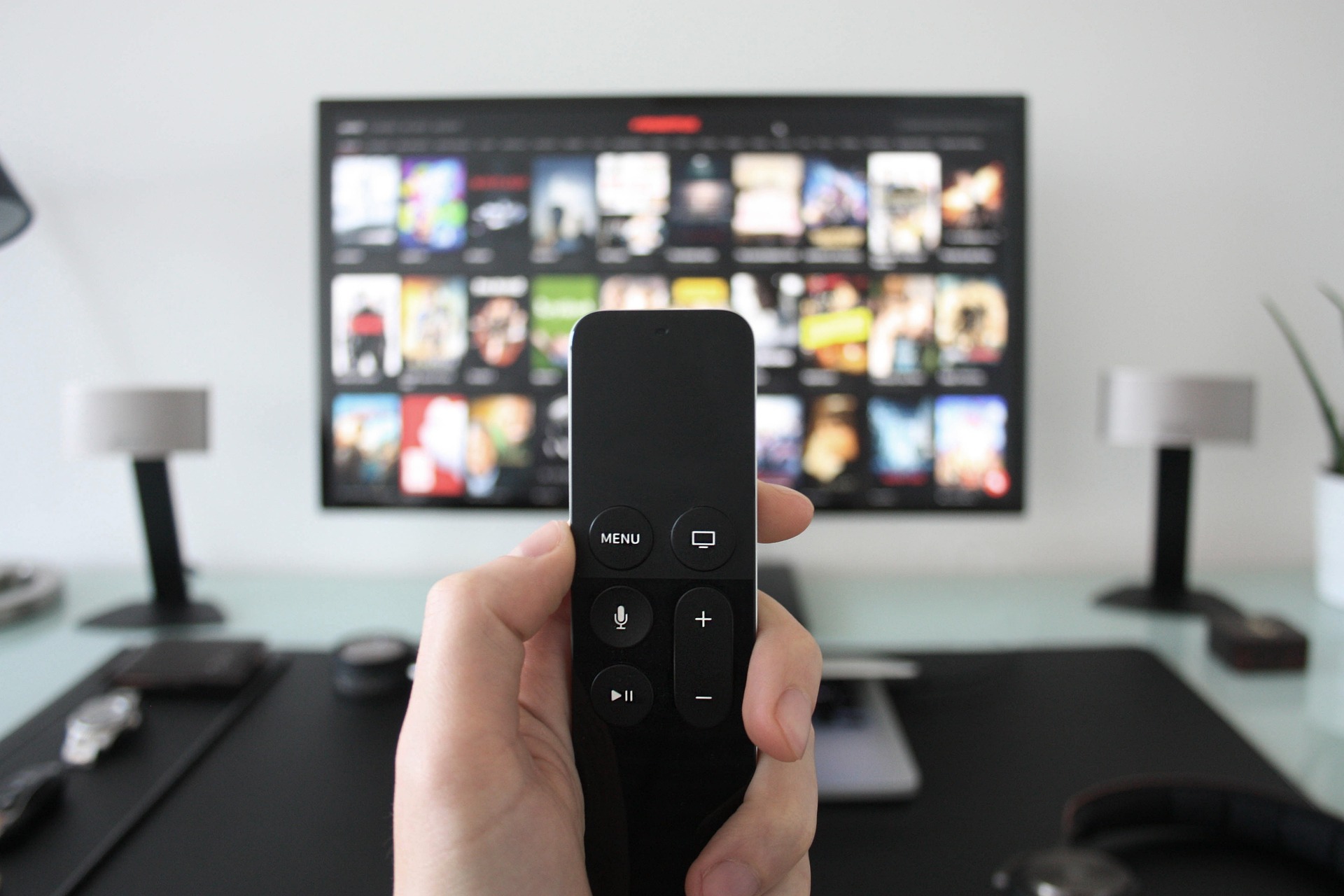The proliferation of handheld devices and phones filled with apps has recently been blamed for the surging levels of procrastination in our society – but the problem has plagued humanity for centuries. Even Socrates and Aristotle discussed the topic, identifying the root cause as a lack of self-control. The truth is that procrastination isn’t typically associated with laziness – the problem is more likely related to mood regulation. Overcoming procrastination is possible through self-care and setting goals.
Defining Procrastination
Procrastination is an exercise of unnecessary delay. People prone to procrastination understand that the delay or postponement is not beneficial – but they do it anyway.
Procrastination is not a harmless act. It serves as a boundary to accomplishing more important, meaningful tasks, leading instead to trivial activities with little value. Chronic procrastination can lead to mental and physical health issues, impair financial well-being, and even sabotage academic or career goals. Those who procrastinate experience elevated stress levels and can live with depression, anxiety, or cardiovascular disease.
Did You Know? Approximately 50 percent of adults admit to occasional procrastination, while 20 percent admit to a chronic problem.
Explaining Types of Procrastination
The Integrative Psychological & Behavioral Science Journal reported that procrastination is manifested in various forms, and the motives that inspire the behavior differ among the many people who suffer from it. While not scientifically categorized, mental health experts have identified these types of attitudes behind the behavior:
It’s Got to be Perfect: The perfectionist will constantly criticize their own work, generally fearing failure. The very high standards they hold for themselves cause anxiety and stress relating to what needs to be done.
I’ve Got Plenty of Time: When people believe that there is still ample time remaining before the task’s deadline, they will put it off until the very last minute.
I’m So Bored! When people think their necessary work is mundane, they will often look for other things to do that they consider more fun.
This Stresses Me Out: When tasks inspire anxiety or stress, someone may procrastinate as a coping mechanism. However, this situation is a catch-22 because the longer the task is delayed, the more anxious they become.
Why Do People Procrastinate?
We indicated that those prone to procrastination understand that their behavior aggravates and worsens their situation. So why is it so prevalent?
Simply speaking, researchers believe that people allow instant gratification to overshadow demanding tasks or goals. Procrastinating is a short-term mood-regulation strategy that has long-term consequences and results from several emotional variables. These may include:
- Depression, stress, or anxiety
- Fatigue or lack of energy
- High blood pressure and cardiovascular disease
- Low self-esteem, regret, and loss of satisfaction in their life
Strategies to Stop Procrastinating
- Future Self vs. Present Self
Many people go to sleep each evening with a long list of what they plan to achieve the next day, but when the morning arrives, their motivation vanishes. This is because, for many, planning for the future is significantly easier than tackling short-term goals. Visualizing yourself completing the activity and the benefits you will reap from that achievement can bring the future and present together. Picturing success also allows us to focus on priorities when setting the schedule for the day. - Closely Held Deadlines
Research proves that having less time makes people more productive. Maintaining tight deadlines for every task – putting everything into a schedule and a calendar – motivates people to accomplish things on time. Not achieving personal daily deadlines may cause guilt and shame, which, although unpleasant, can be a great motivator. - Schedule Your Breaks
Procrastination studies prove that we will avoid working on complex or tedious tasks to fill the time with something more attractive. Scheduling breaks provides a respite and ultimately improves productivity when we return to the task. Breaks for personal time may include outdoor walks, meeting someone for a meal, or indulging in a favorite pastime. - Set Practical Limits
Those whose work involves the computer often find themselves wasting time on social media or surfing the internet. Others may turn on the TV “for just a few minutes.” Procrastinators can allow themselves these guilty pleasures, regulated by strict time frames (such as allowing 5 minutes at the top of each hour to check their social accounts.) Tracking activities in a time journal can help with accountability. - Offer Yourself Compassion and Grace
Negative emotions often contribute to procrastination, leading to more negative emotions. It’s a complicated cycle that is difficult to escape and can devastate self-esteem. The guilt that results from chronic delaying can be alleviated by forgiving yourself and accepting that you are struggling. Acknowledging the difficulty you are experiencing opens the door to accepting grace and inspiring future motivation to do better.
In Conclusion
Procrastinators are typically not lazy, but they may be wrestling with underlying, deep-seated emotions. If this behavior adversely impacts your work and personal life, help is available from mental health experts or lifestyle coaches. These professionals can help to identify the root cause of the behavior and provide strategies to overcome it.
Denise Schonwald is a nationally certified coach and mental health counselor based in Sarasota, Florida.

